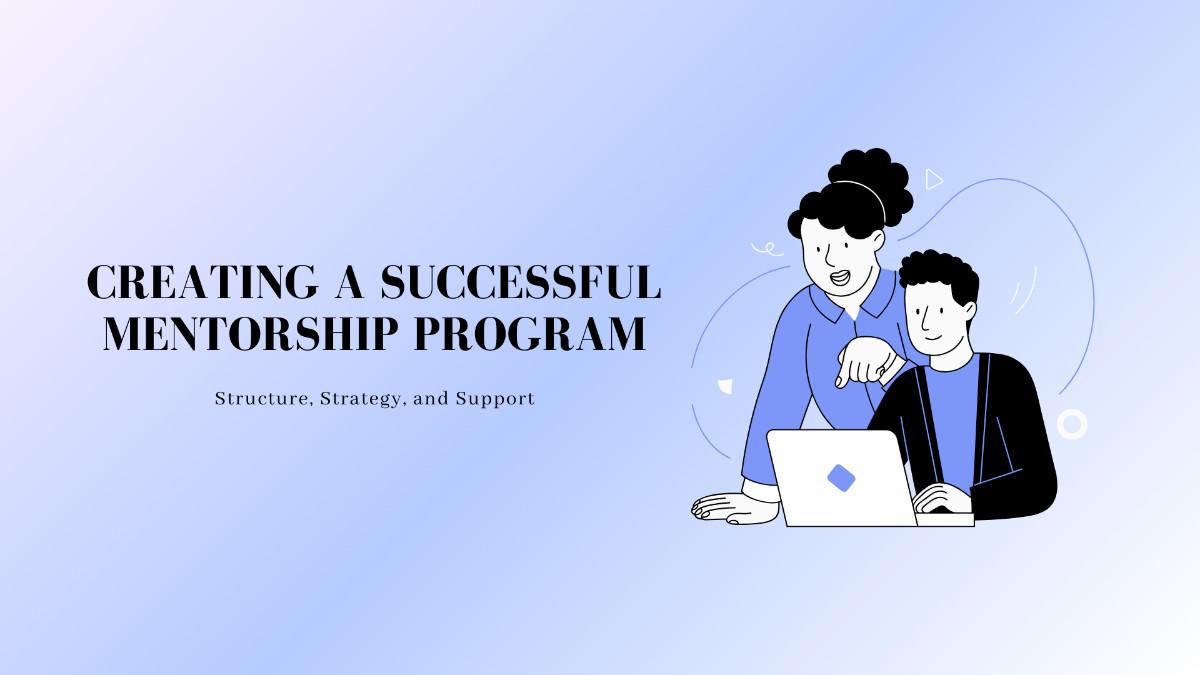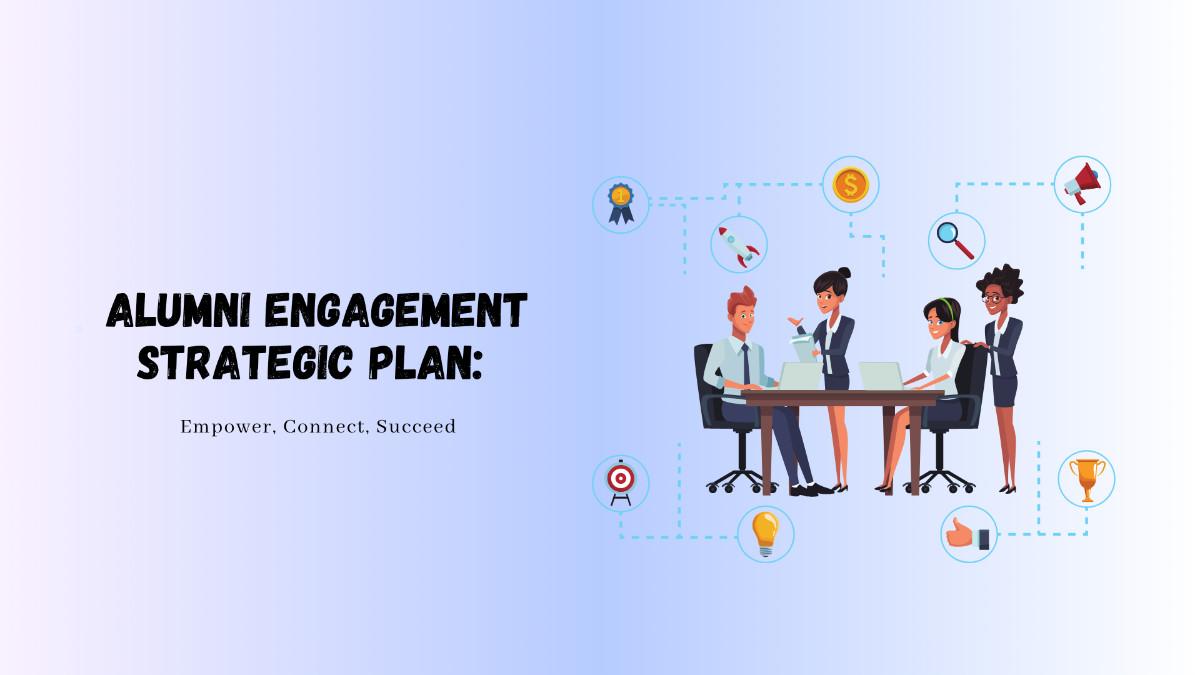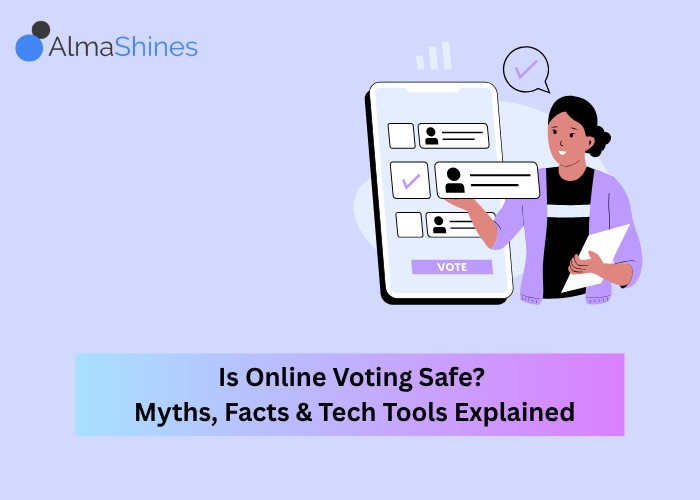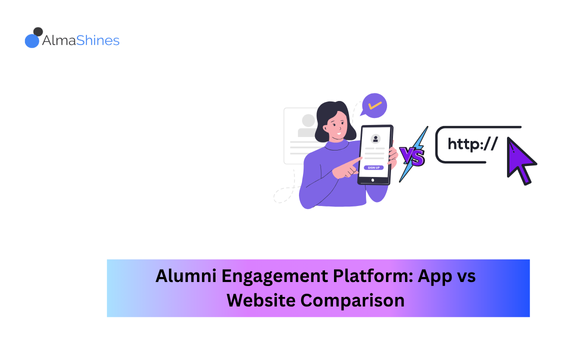Four Stages of Alumni Evolution

The concept of alumni evolution highlights the dynamic journey of graduates as they transition through various phases of engagement with their alma mater. These stages reflect changing priorities, professional growth, and personal aspirations, underscoring the need for institutions to adopt tailored engagement strategies.
By understanding these stages, institutions can foster meaningful connections, encourage alumni participation, and leverage their support effectively to benefit current students and institutional goals.
An Alumnus For Life: Building Enduring Relationships
The Common Need to Bond
Institutes and alumni both desire a lasting bond, but enduring engagement takes more than benevolence.
The Challenge of Alumni Involvement
Institutes spend a lot of money on campaigns and events, hoping alumni will automatically bond. But this may not consider their changing circumstances.
The Need for Personalization
Generic appeal does not evoke alumni interest. Segmentation is essential to effective communication in a bid to convey meaningfully.
But how do we define the segments of alumni?
After graduating from the college, an alumnus can be classified into four stages, let’s discuss Alumni Evolution
1.Loyalist
Also known as baby boomers who just graduated from the institute, loyalists are the alumni who are still attached with the institute, who resonates with the sentiments of their alma mater and are fairly young. In this first stage of alumni life, they are enthusiastic, excited and energetic to give back to its alma mater in the best possible ways they can. The common traits of loyalists are:
- Young alumni who have just been graduated from the college
- High energy and enthusiasm
- Limited resources to support financially
- Easily influenced by peers
- Willing to support their alma mater in the best possible ways
Hustlers:
- Referred to as ‘Millennials’ and ready to step into the real world after graduating, hustlers is the second phase in alumni’s life where they’re evolving to become more responsible, career driven and seeking financial stability in their lives. Unless made connections with them, hustlers will start losing the touch with their alma mater as they have bigger hats to wear than just be an alumnus of the institute. The common traits of the hustlers are:
- Seeking stability in their lives
- Start losing connection with the alma mater
- Seek support from the alma mater to grow professionally
Contributors
The third phase in an alumnus’ life is when they have grabbed a more settled job in their life and have grown financially. They are finally enjoying the fruits of what was cultivated into them by their alma mater and can spare time to connect back to their old friends and relieve some moments of nostalgia. They become willing to be connected with their alma mater and give full hand support to their alma mater. The common traits of contributors are:
- Resources to support the alma mater financially
- Power and expertise in their professional lives
- Seek recognition for their achievements
Indifferent
Despite continuous engagement effort by the institute, a few alumni will drift away from their alma mater and this marks the fourth stage of alumni. Why would alumni forget their college? Why would they not participate in the engagement efforts of the institute? Etc. are some questions you can never probably know the answers of. Not all alumni will connect with you, not all alumni will want to give back to their alma mater and it’s the hard truth an institute has to accept. Of course, the idea is to convert as many of indifferent alumni as loyalists.
What is an Alumni Pyramid?
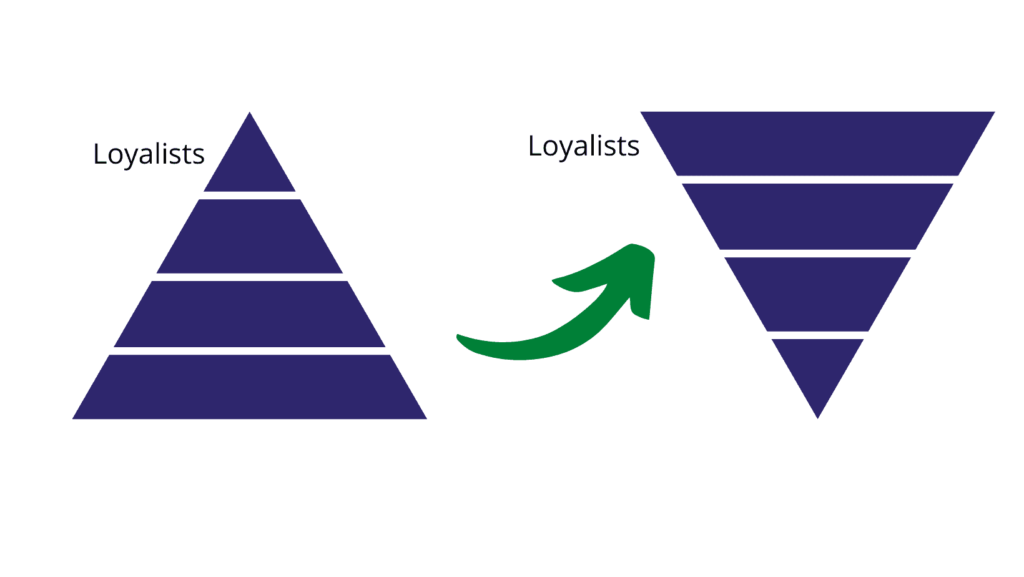
An Alumni Pyramid is the pictorial representation of the alumni evolution stages. The right engagement strategy focusses on converting ‘Indifferents’ into ‘Loyalists’, keeping in mind every layers and phases and avoiding “One Size Fits All”.
Read Ideas to build your perfect Alumni Engagement Strategy Stage-Wise and build a perfect alumni engagement cycle.
Write to us on [email protected] about your alumni engagement strategy and other challenges that you feel needs to be addressed with insightful content.
Suggested Blogs
Let’s discuss the idea
Join hundreds of companies transforming their corporate communities with Almashines



